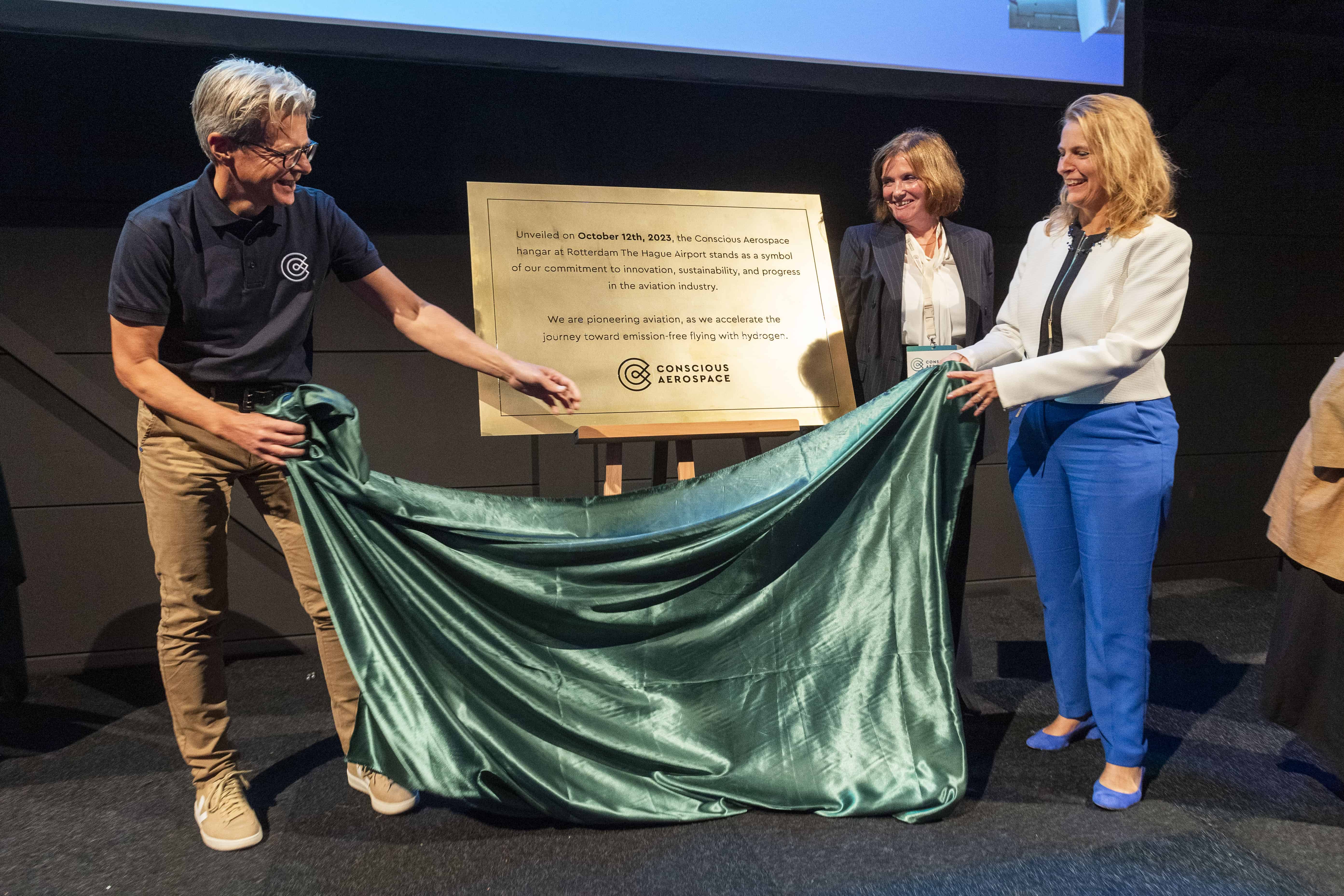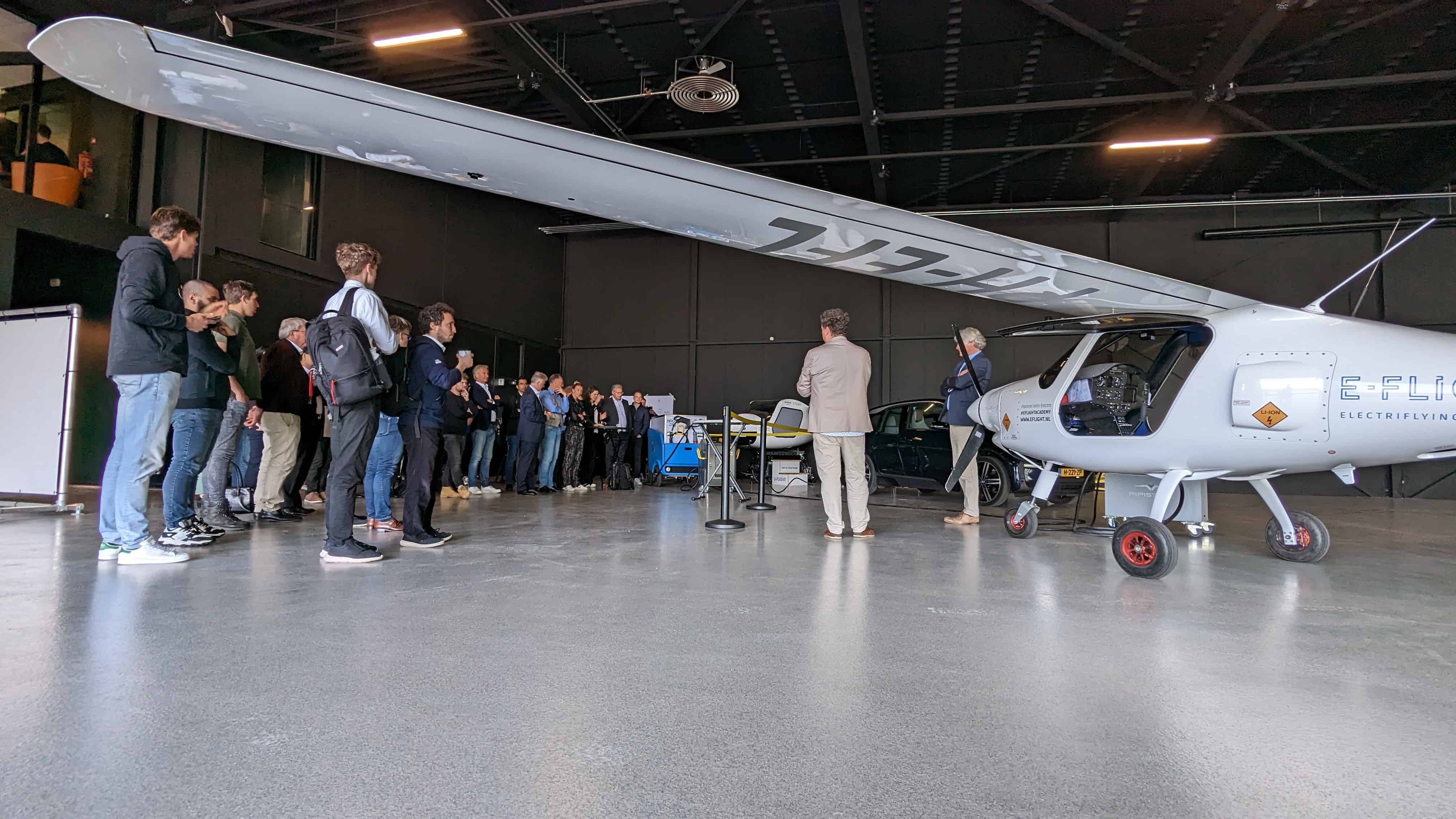
Elysian, a pioneering Dutch startup, is challenging the aviation status quo by announcing a 90-seat battery-electric aircraft. With a bold vision, they claim their design can fly up to 1000 kilometers – disputing traditional views that electric flight is limited to small planes and short distances. This innovative aircraft called the E9X, comparable in size to an Airbus A320 and capable of a 500-mile range on current battery technology, ignites interest in sustainable aviation. Backed by significant investment and partnerships with technology institutions, Elysian is steering towards a greener future with its ambitious project, aiming for operational status by 2033.
Why you need to know this
As technology develops, future airplanes might also be battery-powered electric, research conducted by Dutch startup Elysian shows.
A feat of engineering
Its ambitious design sets the E9X apart, which allows for a 90-passenger capacity and a range of up to 1000 kilometers on near-term battery technology. This range is particularly noteworthy as it covers roughly one-fifth of aviation emissions and about half of all passenger flights. In an interview with Aviation Week, Reynard de Vries, Elysian‘s director of design and engineering, emphasizes the potential impact on the sector by electrifying flights up to this distance.
The E9X challenges the aviation industry’s preconceived notions about electric aircraft. Traditional academic research had dismissed battery-electric aviation as a niche market with limited scope. However, Elysian’s aircraft aims to compete with current narrowbody jets on both range and passenger capacity. The design uses eight propellers mounted on a wing with a longer span than an A320, highlighting the company’s innovative approach to overcoming the hurdles of electric flight.
Breaking barriers with battery power
The main obstacle for electric flying has been the weight of the batteries. Elysian addresses this challenge head-on, with batteries accounting for nearly half the weight of their E9X aircraft. This design reflects a departure from the traditional turboprop models, which have a lower fuel fraction and are designed for shorter ranges.
However, Elysian’s vision is not just about overcoming technical barriers; it’s also about proving economic viability. The company believes that with the right design and cost structure, electric aircraft can compete with traditional jets, not only in new mobility segments but also in established markets.

Sustainable future in the making
Elysian is not alone in its quest for sustainable aviation. The company has secured a partnership with KLM and has access to Fokker operators such as Air Nostrum and Alliance Airlines, lending credibility and support to the project. Moreover, Elysian is backed by Panta Holdings and has received a joint investment of $10 million with a French partner for the development of the electric aircraft, reports RTL Nieuws.
The company’s approach is grounded in research and collaboration. Elysian has worked closely with renowned institutions like Delft University of Technology, Twente University of Technology, and others, ensuring that their design is not just visionary but also scientifically sound. This collaborative effort has led to challenging and redefining the limits of electric flight, presenting parametric designs that could make the E9X a reality.
Financial backing and economic implications
The drive to create Elysian’s electric aircraft is matched by significant financial commitment. With an estimated total cost of around €7 billion, the project is a major investment in the future of aviation. Daniel Rosen Jacobson, an investor in Elysian, has expressed confidence in the project’s economic potential and its alignment with climate goals. The company needs the price of fossil fuel to double to $1,800 per ton to compete economically with narrowbodies, a situation that may not be far off given the current trajectory of environmental policies and fuel prices.
Rosen Jacobson also sees the project as a continuation of his family’s legacy in aviation, with the Rosen Jacobson family having acquired former Fokker maintenance companies. The emotional and historical significance of the Elysian project adds another layer to its potential success, making it more than just a business venture.

The road to certification and beyond
With a target entry into service between 2032 and 2035, Elysian has a clear timeline and roadmap for their electric aircraft. The company is already working on a certification plan for the E9X in accordance with CS-25 standards, which govern the airworthiness of large airplanes. This meticulous planning underscores the seriousness with which Elysian is approaching the certification process, a crucial step towards making the E9X a fixture in the skies.
The journey towards electrifying the skies is not without its challenges. Battery weight and energy density, integration into the aircraft’s design, and the need for safety certifications are all hurdles that must be overcome. But with their innovative approach and solid partnerships, Elysian is poised to make a significant impact on the future of aviation. As the industry looks towards a greener horizon, the E9X stands as a beacon of what is possible when vision meets determination.






